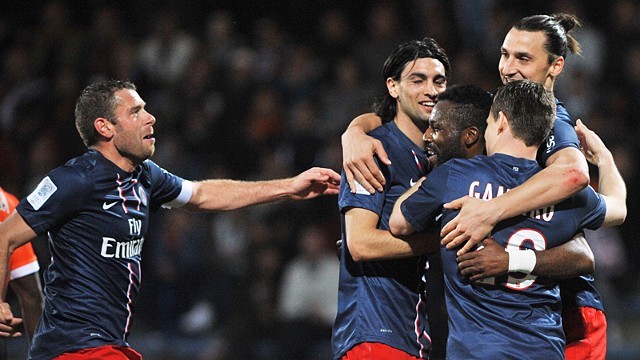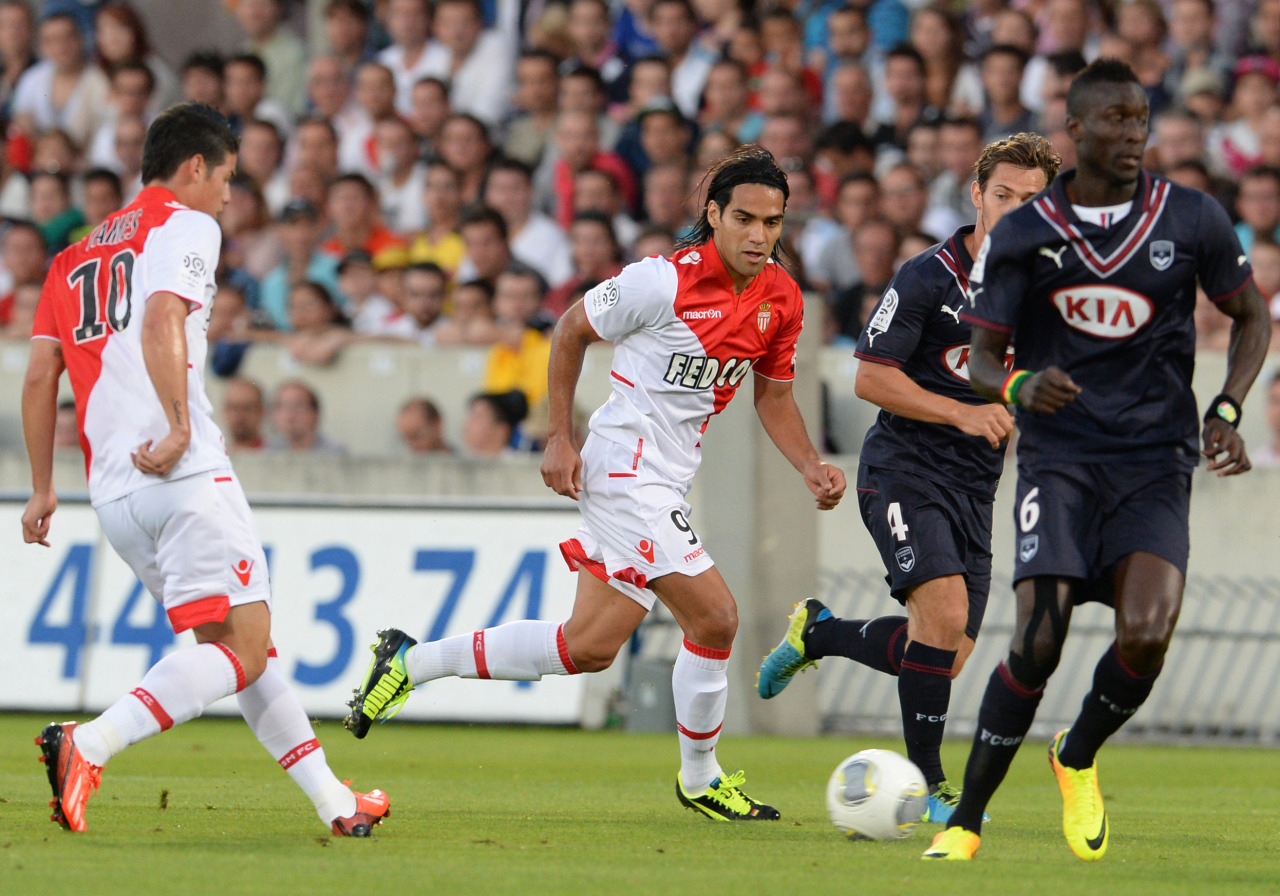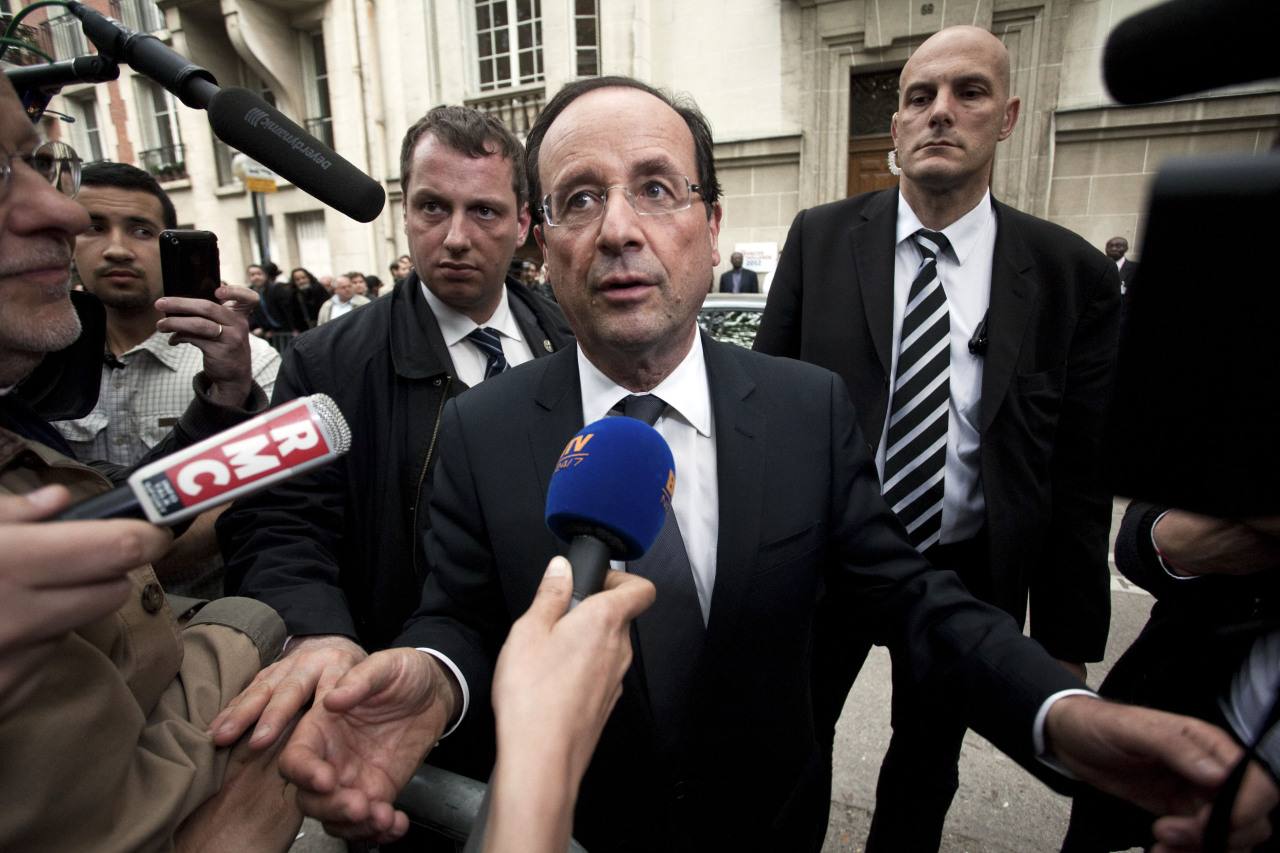Taxing Times in Ligue 1
Taxing Times in Ligue 1

Taxing Times in Ligue 1
By Will Giles
When François Hollande won the French presidential election in May 2012, it marked the first time in 20 years that the increasingly right-leaning country had voted for a left-wing leader. However, for a president seeking to reduce the gap between the wealthy and the not-so wealthy, Hollande’s plans are certainly threatening to compound the economic inequality in France’s premier domestic league.
One of the key policies in the socialist’s manifesto was a 75% tax on annual earnings above one million euros (£850,000), and it was one that struck a chord with a public frustrated by Nicolas Sarkozy and his tax breaks for the rich.
Seven months after Hollande’s election, however, his flagship ‘supertax’ was deemed unconstitutional in court. Having championed it so fervently during campaigning, it came as no surprise that Hollande opted to revive the tax, reworking it as opposed to discarding it.
The restructured legislation will, if passed, take responsibility away from the individual and place it with the employer, making companies pay the 75% tax rate on their employees’ earnings. Despite retaining its popularity in public opinion polls, Hollande’s amended supertax has unsurprisingly drawn criticism from the larger corporations, with some of the strongest displeasure coming from France’s leading football clubs.
Due to the recent foreign takeovers at Paris Saint-Germain and AS Monaco (by the Qatari Investment Authority and Russian billionaire Dmitry Rybolovlev respectively), uneven distribution of wealth is a problem that has been present in Ligue 1 for several years. Indeed, since 2011 the two clubs have racked up a combined transfer spend of approximately €435m , and were accountable for 73% of the total expenditure in Ligue 1 this summer.
However, it is Hollande’s plan to make companies foot the bill for their employee’s earnings that has really catapulted Ligue 1’s financial imbalance into the spotlight, as the president’s tax rate has the potential to cause irreversible damage to domestic football in France.
14 of Ligue 1’s 20 clubs have players and/or managers in their employ that earn in excess of one million euros a year. According to a study conducted by the French Football League, Hollande’s plans will see these sides pay the government an additional €44m in tax.
The crux of the issue, however, is that the poorer clubs will feel the impact of this extra €44 million much more keenly than the two richest ones. Indeed, whilst the astronomical salaries Paris Saint-Germain pay to the likes of Ibrahimovic and Cavani will make them responsible for nearly half of this extra tax bill, the fact that their owners have an estimated net worth of $85 billion means that the club from the capital will be more than able to cope with these additional payments.
For AS Monaco, the proposed tax rate will have even less of an effect. Because they hail from a principality that is independent from France, the Champions’ League finalists from 2004 are exempt from the laws that govern their Ligue 1 rivals, and will not be subjected to the 75% tax rate. Even more galling for Les Rouge-et-Blanc’s French counterparts, however, is the fact that no-one in Monaco pays income tax, which gives the club an extremely controversial advantage when it comes to attracting the best players.
Whilst it will essentially be a case of ‘as you were’ for these two clubs, it is their closest challengers that will be hardest hit by the tax increase. The likes of Marseille, Lyon and Lille all pay salaries above one million euros a year, but have neither the funds nor the tax haven status to counter the effects of the tax rate on their highest earners’ net wages.
Consequently, these sides are all at risk of losing the players they need to compete with PSG and Monaco, predominantly to foreign clubs that aren’t burdened by extortionate taxes. What makes this potential exodus even more more alarming, however, is the fact that the teams looking to avoid the extra tax will be unable attract adequate replacements. Unless they want to risk financial ruin, the less wealthy sides in Ligue 1 will be unable to pay wages higher than €19,230 a week, an amount that quality players won’t get out of bed for.
By leaving the rest of the league bereft of talent, Hollande’s tax laws will give PSG and Monaco an opportunity to emulate Real Madrid and Barcelona’s domination of La Liga. It is little wonder, then, that a slip-up from either one prompts a collective sense of schadenfreude amongst their rivals. In fact, so uneven is the playing field in Ligue 1 that the neutral vote is firmly with the underdogs looking to halt the emergence of a PSG-Monaco duopoly.
Lille are the team currently carrying the fight to the league’s big two, with the owners of Europe’s second meanest defence announcing themselves as a threat by besting Monaco in their recent meeting. However, whilst their efforts so far have been admirable, title challenges like Lille’s will be eradicated by the tax increase, as they and the rest of their Ligue 1 counterparts simply do not have the capacity to cope with Hollande’s intentions and the financial superiority of PSG and Monaco.
That a strike has been planned to protest against the proposed tax increase demonstrates the concern of France’s poorer clubs, and they have every right to be worried. If this tax bill is passed, it will bring about the death of Ligue 1 as a competitive league.
This piece was written by Will Giles, a regular contributor at AFR. You can follow him on Twitter @William_Giles. Comments below please.









